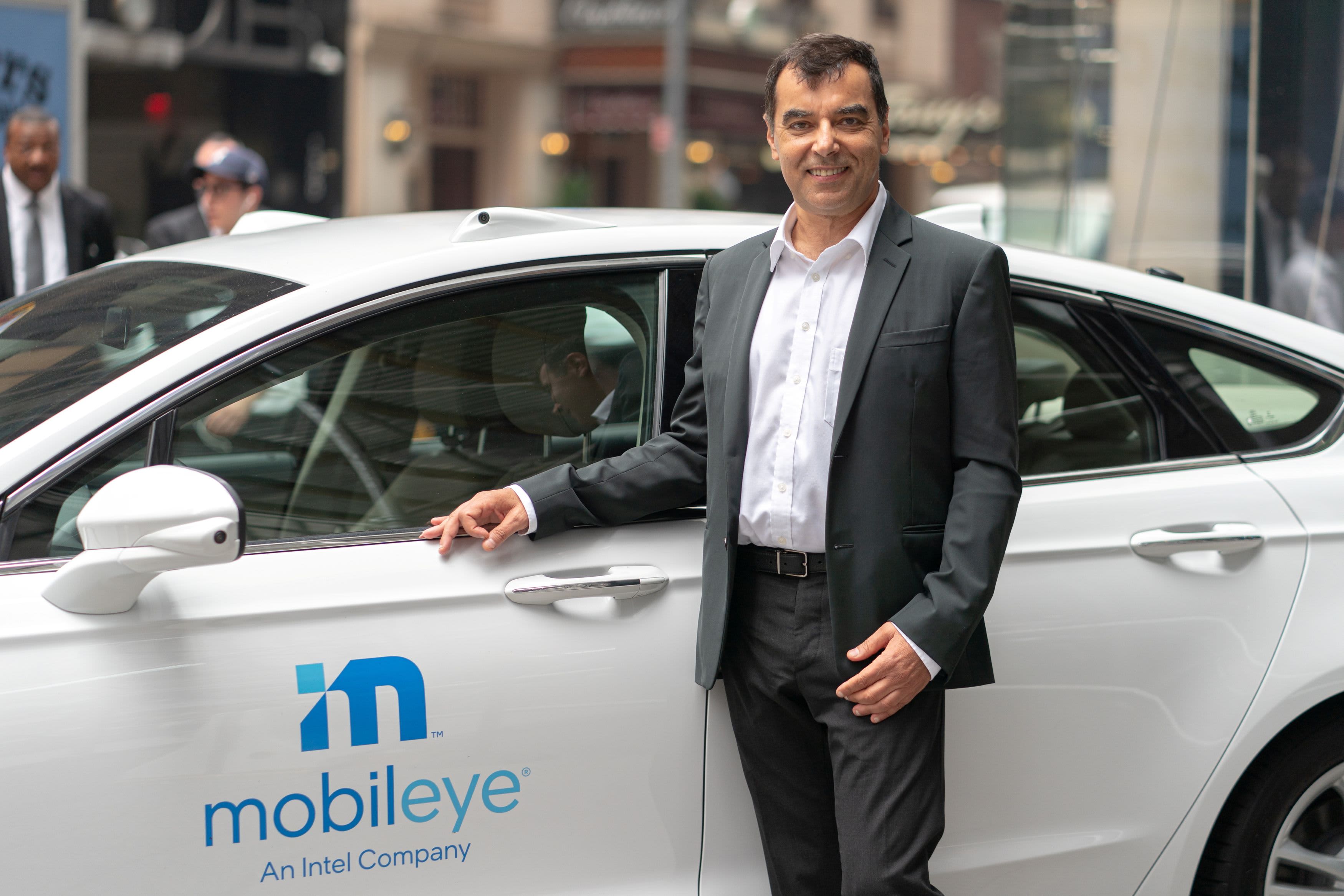Intel’s self-driving company, Mobileye is going for an initial public offering in the US. Mobileye is working on differentiating its self-driving in vital ways and is aiming to appeal to investors similarly. The timeline for the IPO is not revealed yet.

According to the official website, they hope to differentiate in several key areas; purpose-built hardware (courtesy of Intel), scalable design, mathematical safety model, computer vision, lean compute driving policy and innovative mapping. Essentially, they want to leverage their Intel connection and make better hardware, implement better software, and use new mapping technology to perform better than existing rivals.
However, the company’s development progress was not revealed anywhere in the announcement or elsewhere on the website. The IPO shows significant progress for the company and has some kind of positive direction. Intel would be entering a competitive “self-driving tech” market. Not only is Tesla working on a Full Self Driving model that they hope to deliver to customers, but countless other automakers are looking to do the same. Other startups like Comma.ai have been implementing self-driving for years.
Where Intel may find success is in licensing. Many manufacturers have yet to fully establish themselves in self-driving tech and could quickly jump ahead in technical capabilities by partnering with Intel Mobileye. It is unclear if the Intel team is already working with other automakers, but the possibility certainly exists. And in an automotive market where some automakers may feel like they are playing catchup, Mobileye could be a game-changer.
Mobileye technology
Now with about 3,100 employees, Mobileye has collected data from 8.6 billion miles on the road from eight testing sites globally. According to the company its technology leads in the race to shift the automotive industry away from human drivers. It’s shipped 117 million of its EyeQ product. Mobileye has been a particularly bright spot for Intel and has consistently grown faster than its parent. As of July, it has $774 million of cash and cash equivalents. In the 12 months that ended Dec. 25, it had a net loss of $75 million on revenue of $1.39 billion. According to Hindustan Times, the company plans to use its proceeds from the IPO to pay down debt and use it for working capital and general corporate purposes.
In its filing, the company stated that its acquired mobility and transportation business Moovit from Intel this year. Moovit, another Israeli-based business, had been acquired by Intel for $900 million in 2020. A successful Mobileye listing could break the ice for an array of startups that have been waiting for the year’s market tumult to ease before moving ahead with IPOs.












